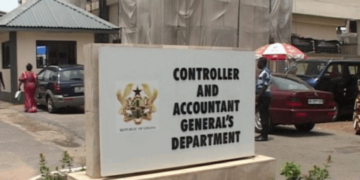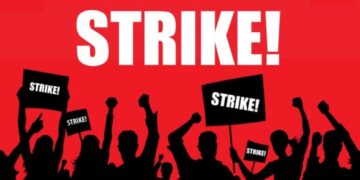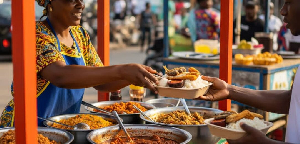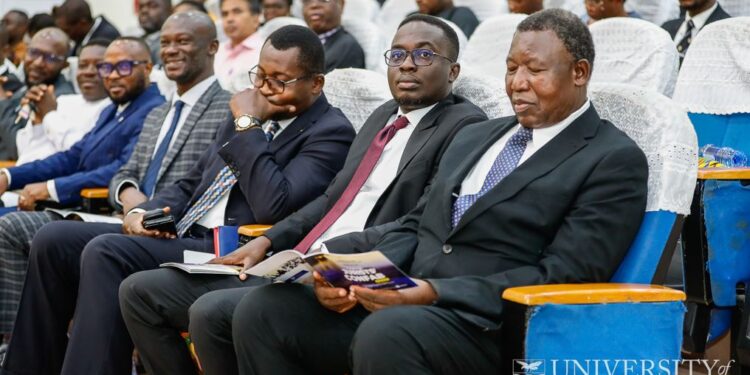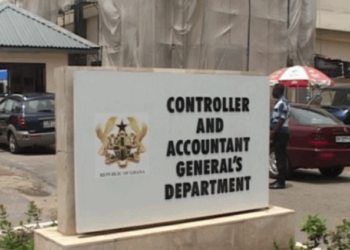A Lecturer with the Faculty of Law at the Kwame Nkrumah University of Science and Technology, Dr. Maame Efua Addadzi-Koom has highlighted the urgent need for gender equality to be prioritized in Ghana.
She emphasized that the statistics within Sub-Saharan Africa which suggest it will take over a century to achieve gender equality, makes the situation seem bleak.
“If we are using this 208 and 102 years as the marker, then it means that none of us sitting here today will be alive to see gender equality fully realized, including the person who was born today. Quite morbid, isn’t it?” she questioned.
To her, this highlights the urgent need for Sub-Saharan Africa particularly Ghana to prioritize gender equality and women’s rights to achieve SDG Goal 5 gender equality by 2030.
She stressed that women making up 50.7% of the 38 million population in Ghana underscores this urgent need.
“Why? Because women’s matters are the matters of the majority and in a majoritarian democracy that we practice in this country, it’s only fair and proper that we commit to prioritizing the majority female population,” she continued.
Dr. Maame Efua Addadzi-Koom was speaking at the 11th Jurists’ Confab at the University of Cape Coast under the theme: “Human Rights Under the 4th Republican Constitution: Threats and Triumphs”
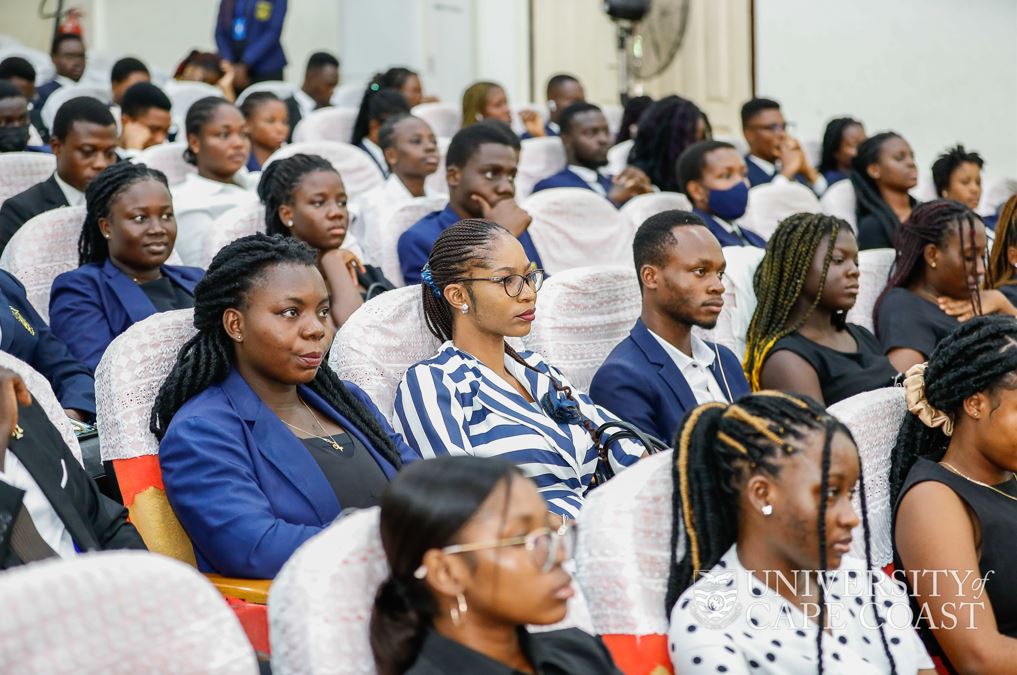
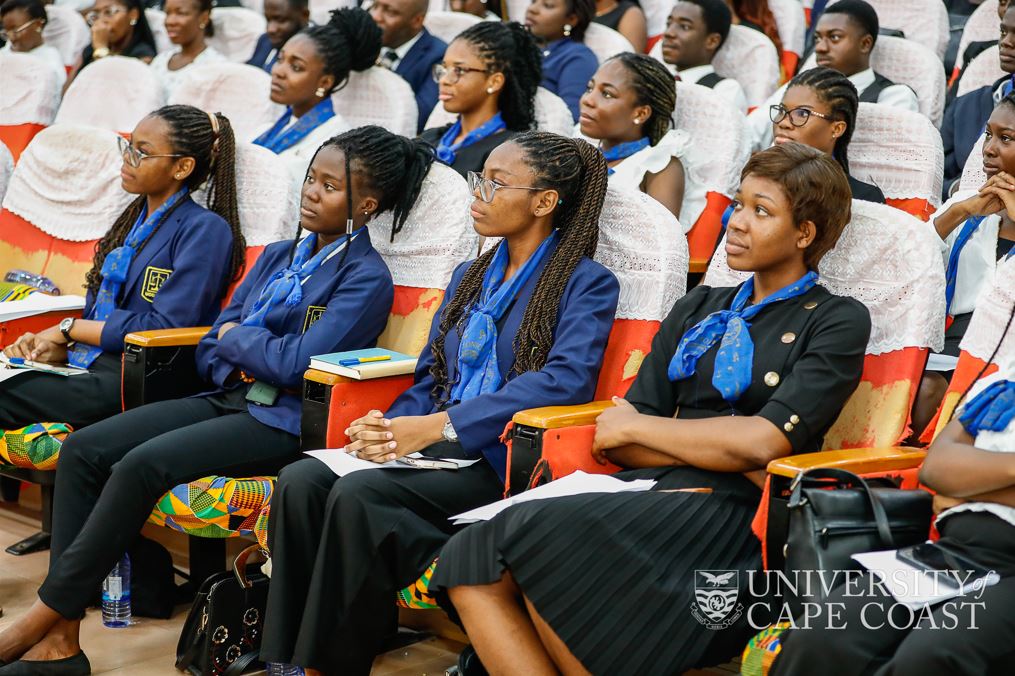
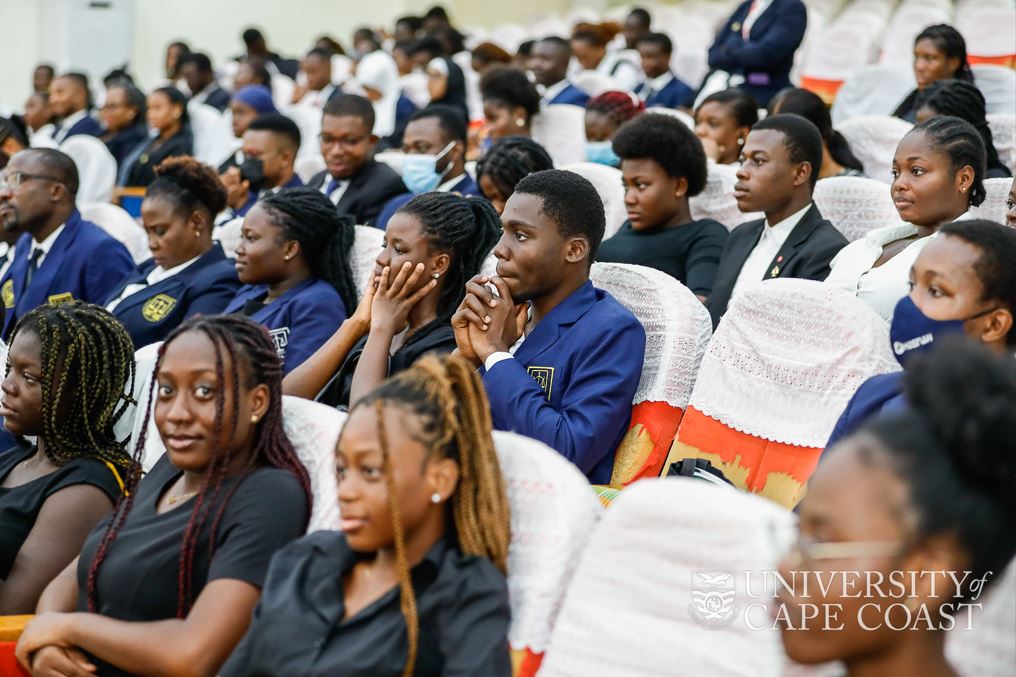
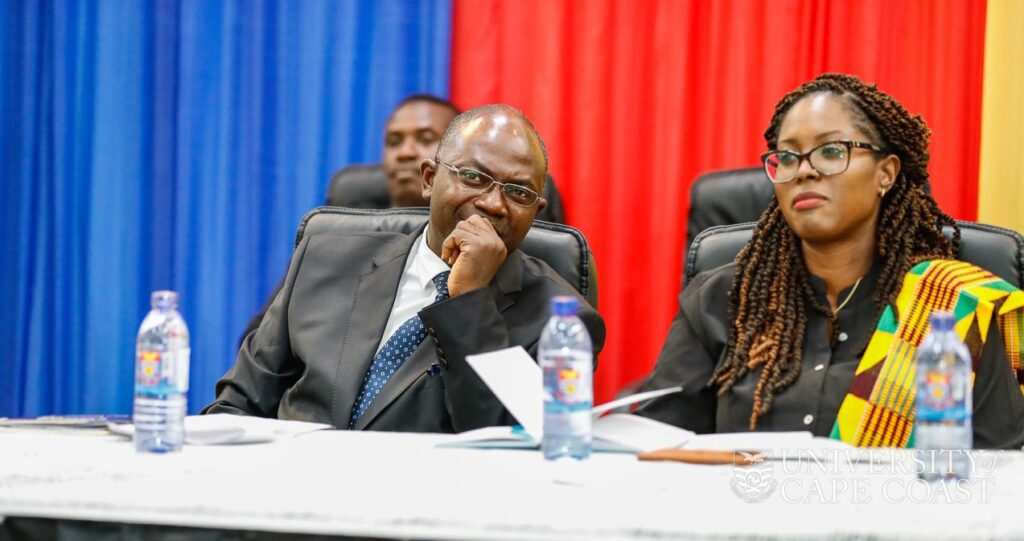
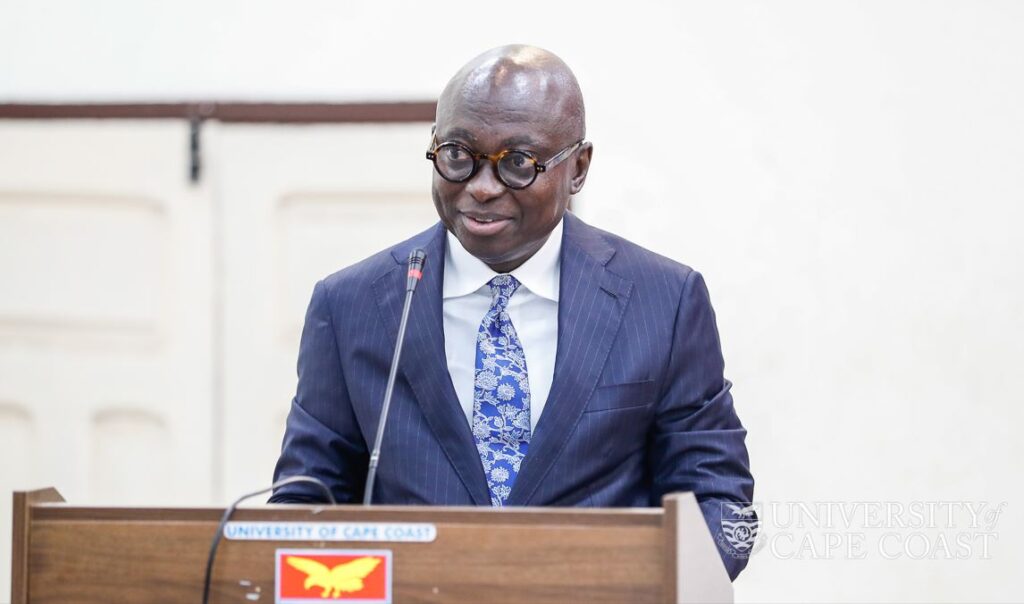
She indicated that Article 17 of the 1992 Constitution guarantees the equality of all persons before the law and prohibits discrimination on multiple grounds, including gender.
Thus, in Ghana, men and women must enjoy their human rights equally and participate in decision-making.
Dr. Addadzi-Koom called for action from all legislators, legal and women’s rights activists to take necessary steps to drive the legislative and policy changes that will transform the bad, ugly, and oblivious women’s rights situations.
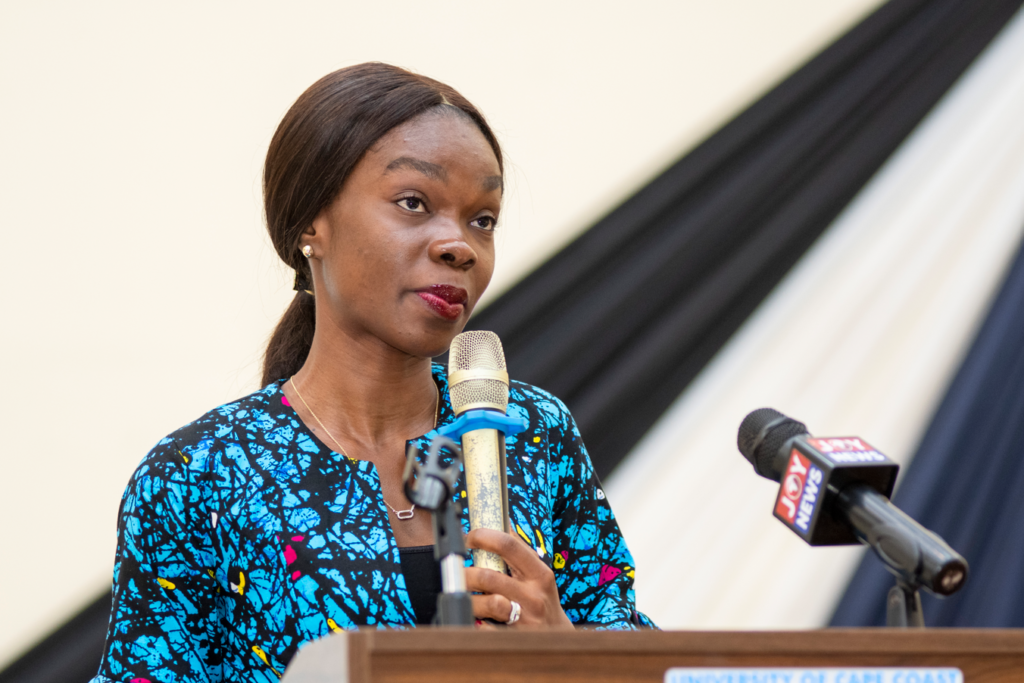
The Commissioner of Human Rights and Administrative Justice, CHRAJ, Joseph Whittal also advocated for equal treatment to be enjoyed by all.
He emphasized that though Ghana has made triumphs in achieving gender equality, more is needed to protect the achievements made.
“The activism of the courts has deprecated historically degrading and oppressive practices. Legislative initiatives taken have given effect to human rights provisions. Ratification of human rights instruments by Parliament has strengthened human rights domestically and so on. These triumphs notwithstanding, there are existing threats which, if they remain unchecked, have the potential to erode the gains made thus far.”
To mitigate the threats to human rights under the 4th Republican Constitution, Mr. Whittal proposed measures that can reduce threats and protect the human rights of the marginalized in society.
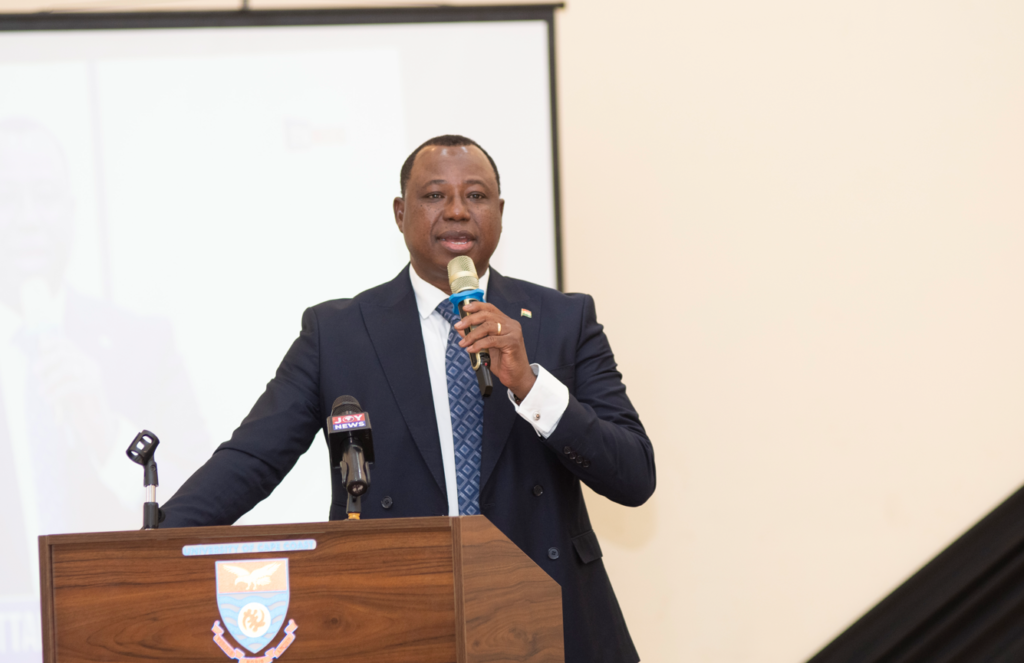
This includes revisiting constitutional reforms to address excessive presidential powers and corruption, reviewing the Public Order Act to ensure its alignment with freedom of assembly and expression, and developing a national anti-Galamsey plan to combat illegal mining and protect the environment,
He added that utilizing strategic litigation to advance the rights of marginalized communities facing poverty and underdevelopment and cultivating a strong network of public interest activists, lawyers, and judges dedicated to advancing human rights could also help.
The Jurist’s Confab is an annual event hosted by the faculty of law, which is a gathering of the Bar, Bench, and Academia that seeks to provide a forum for dialogue between lawyers, scholars, government agencies, the private sector, students, and members of the public on current issues related to administration of Justice, legal practice and law-related professions in Ghana.
Read also: CR NSS Director Attributes Delayed Payments to Personnel’s Late Form Submission
Source: Angelina Riley Hayford/ATLFMNEWS

